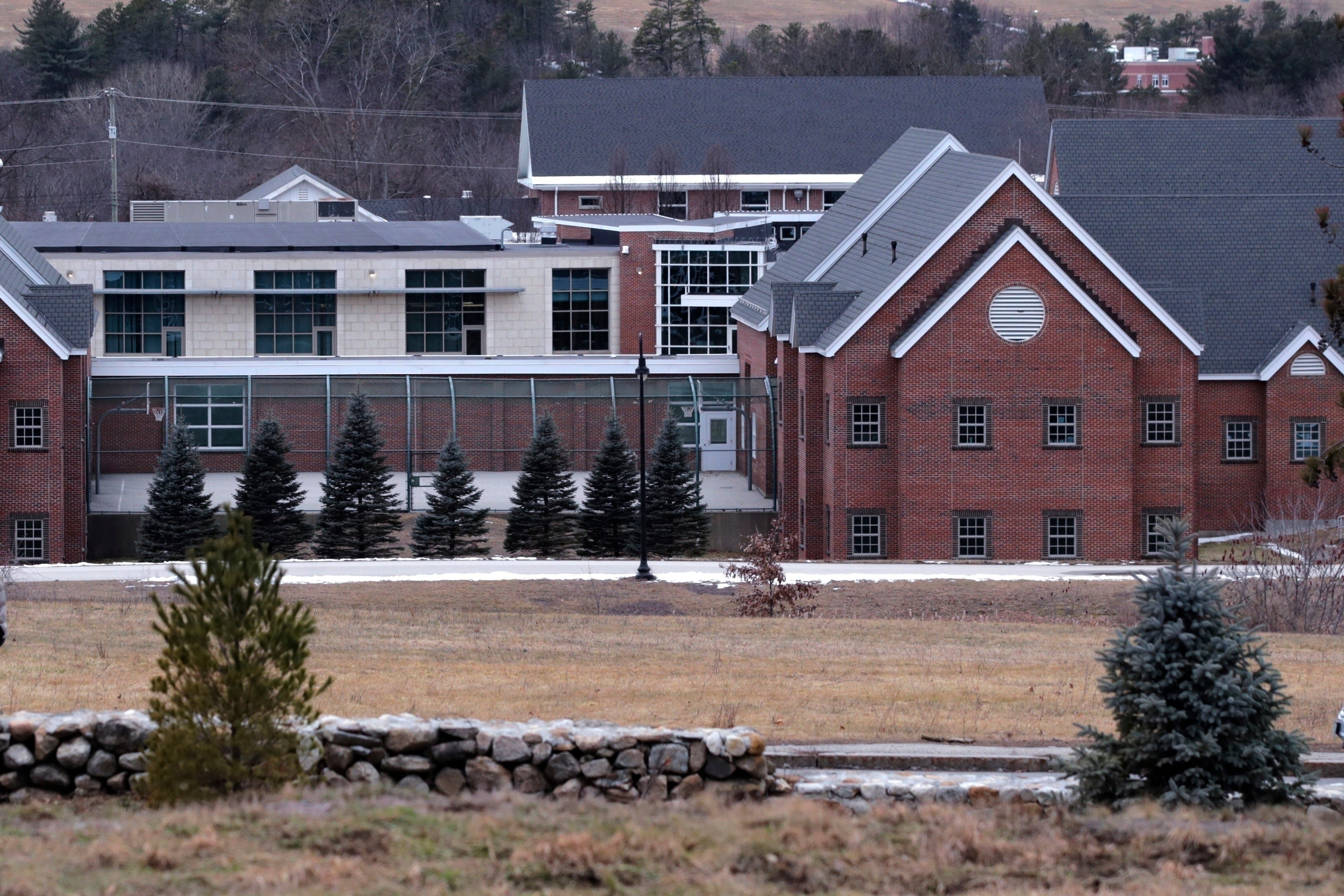Both sides argue for resolution of verdict dispute in New Hampshire youth center abuse case
A New Hampshire judge is getting closer to resolving a dispute over the $38 million awarded nearly four months ago in a landmark lawsuit over abuse at the state's youth detention center

Your support helps us to tell the story
From reproductive rights to climate change to Big Tech, The Independent is on the ground when the story is developing. Whether it's investigating the financials of Elon Musk's pro-Trump PAC or producing our latest documentary, 'The A Word', which shines a light on the American women fighting for reproductive rights, we know how important it is to parse out the facts from the messaging.
At such a critical moment in US history, we need reporters on the ground. Your donation allows us to keep sending journalists to speak to both sides of the story.
The Independent is trusted by Americans across the entire political spectrum. And unlike many other quality news outlets, we choose not to lock Americans out of our reporting and analysis with paywalls. We believe quality journalism should be available to everyone, paid for by those who can afford it.
Your support makes all the difference.The $38 million verdict in a landmark lawsuit over abuse at New Hampshire’s youth detention center remains disputed nearly four months later, with both sides submitting final requests to the judge this week.
“The time is nigh to have the issues fully briefed and decided,” Judge Andrew Schulman wrote in an order early this month giving parties until Wednesday to submit their motions and supporting documents.
At issue is the $18 million in compensatory damages and $20 million in enhanced damages a jury awarded to David Meehan in May after a monthlong trial. His allegations of horrific sexual and physical abuse at the Youth Development Center in 1990s led to a broad criminal investigation resulting in multiple arrests, and his lawsuit seeking to hold the state accountable was the first of more than 1,100 to go to trial.
The dispute involves part of the verdict form in which jurors found the state liable for only “incident” of abuse at the Manchester facility, now called the Sununu Youth Services Center. The jury wasn’t told that state law caps claims against the state at $475,000 per “incident,” and some jurors later said they wrote “one” on the verdict form to reflect a single case of post-traumatic stress disorder resulting from more than 100 episodes of physical, sexual and emotional abuse.
In an earlier order, Schulman said imposing the cap, as the state has requested, would be an “unconscionable miscarriage of justice.” But he suggested in his Aug. 1 order that the only other option would be ordering a new trial, given that the state declined to allow him to adjust the number of incidents.
Meehan’s lawyers, however, have asked Schulman to set aside just the portion of the verdict in which jurors wrote one incident, allowing the $38 million to stand, or to order a new trial focused only on determining the number of incidents.
“The court should not be so quick to throw the baby out with the bath water based on a singular and isolated jury error,” they wrote.
“Forcing a man — who the jury has concluded was severely harmed due to the state’s wanton, malicious, or oppressive conduct — to choose between reliving his nightmare, again, in a new and very public trial, or accepting 1/80th of the jury’s intended award, is a grave injustice that cannot be tolerated in a court of law,” wrote attorneys Rus Rilee and David Vicinanzo.
Attorneys for the state, however, filed a lengthy explanation of why imposing the cap is the only correct way to proceed. They said jurors could have found that the state’s negligence caused “a single, harmful environment” in which Meehan was harmed, or they may have believed his testimony only about a single episodic incident.
In making the latter argument, they referred to an expert’s testimony “that the mere fact that plaintiff may sincerely believe he was serially raped does not mean that he actually was.”
Meehan, 42, went to police in 2017 to report the abuse and sued the state three years later. Since then, 11 former state workers have been arrested, although one has since died and charges against another were dropped after the man, now in his early 80s, was found incompetent to stand trial.
The first criminal case goes to trial Monday. Victor Malavet, who has pleaded not guilty to 12 counts of aggravated felonious sexual assault, is accused of assaulting a teenage girl at a pretrial facility in Concord in 2001.